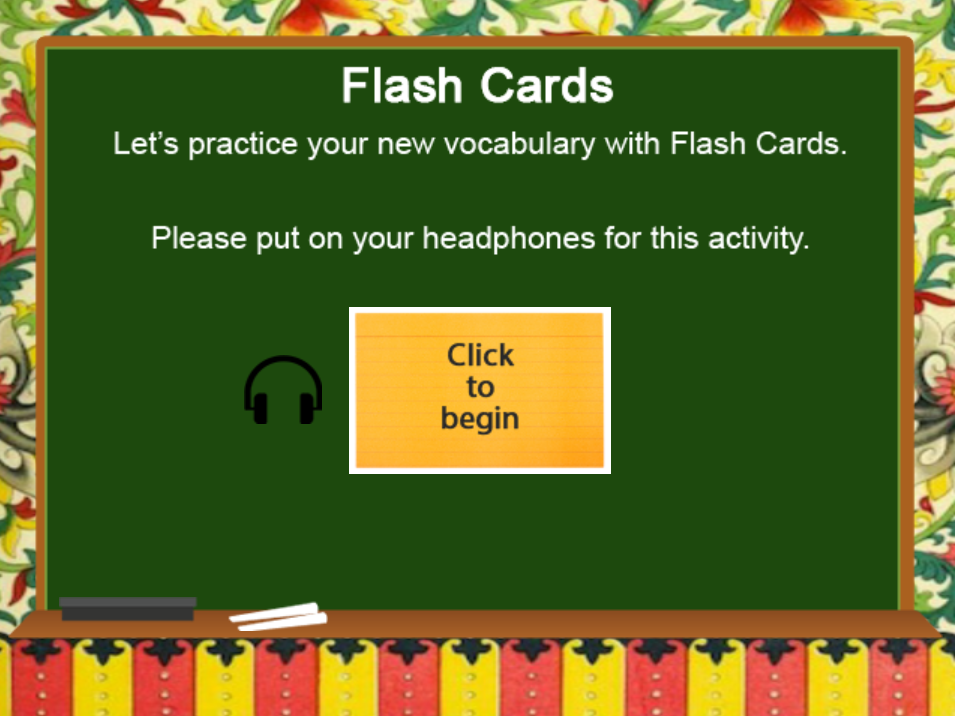![]() Writing Practice
Writing Practice
Look at the picture and compose a small paragraph about what each person is going to do or is doing. Use vocabulary from this Unit as much as you can. When you finish, click on the item to see a possible response.
![]() Writing Preparation
Writing Preparation
Read and listen to the passages below. See if you can determine what each passage means and you listen and read them, even if you don’t know the meaning of every single word.
You will complete an assignment for this passage by answering the questions that follow. Listen and review the audio and text versions of these passages as much as needed.
Paragraph 1:
日本にはいろいろで、楽しいことがあります。東京はとても大きいとしですから、いろいろすることがあります。かぶきざ(歌舞伎座)で歌舞伎を見ます。こくぎかん(国技館)ですもう(相撲)を 見ます。それから、げきじょう(劇場)もたくさんあります。いろいろな劇やコンサートを いつもしています。Paragraph 2:
私の家族は美味しいレストランによく食べにでかけます。私達はわしょく(和食)も大好きですが、東京にはせかいじゅう(世界中)の美味しいレストランがありますから、フランスりょうり(料理)、イタリア料理、、ちゅうか(中華)料理、インド料理、いろいろなもの(物)を食べます。Paragraph 3:
私のりょうしん(両親)はカラオケが大好きです。父はえんか(演歌)をうたう(歌う)のが好きです。私もときどきいっしょ(一緒)に歌います。でも、私はうただひかるの歌を歌います。Paragraph 4:
私のいもうと(妹)はどうぶつえん(動物園)に行くのが好きです。上の動物園にはせかいじゅうのめずらしい動物がいます。妹はパンダがいちばん(一番)好きです。パンダはちゅうごく(中国)から来ました。Paragraph 5:
東京で私達はすることがたくさんありますから、ぜんぜんたいくつしません(退屈しません)。Paragraph 6:
私はしゅうまつ(週末)によくはらじゅく(原宿)に行きます。原宿には一番あたらしい(新しい)ファッションをきた着たひとびと(人々)がたくさんいます。Paragraph 7:
あに(兄)はアニメが好きですから、あきはばら(秋葉原)に行くのが好きです。秋葉原にはまんがや漫画屋)がたくさんあります。それから、でんきや(電気や)がたくさんあります。新しい電気せいひん(製品)があります。それにやすい(安い)です。Paragraph 8:
母はぎんざ(銀座)が好きです。銀座にはすてきなみせ(素敵な店)がたくさんありますが、とても高いです。Paragraph 9:
父はしごと(仕事)がいそがしい(忙しい)ので、あまりひま(暇)がありません。
Questions:
1. この人はどこにすんでいます(住んでいます)か。
2. あなたは東京のせいかつ(生活)についてどうおもいます(思います)か。
3. この人は何をするのが好きですか。
4. いもうと(妹)は何をするのが好きですか。
5. あきはばら(秋葉原)には何がありますか。
6. はらじゅく(原宿)はどんなところ(所)ですか。
7. お母さんは何をするのが好きですか。
8. お父さんは何をしますか。
![]() Practice - Flashcards
Practice - Flashcards
You should be remembering to repeat Japanese as much as you can when you hear Japanese in the course and it is also imperative that you spend time outside of class studying your Japanese.
Before we get going very far, see how well you're doing on this Unit's vocabulary. The following flash card activity will help you learn your vocabulary. See if you know what each word or phrase means. Click on "Begin" to hear the words. Go on to a new word by clicking "Next" in the controls at the bottom.
Click Flashcards or click Begin below.
Here is a print version of this actvity. You will still need to use the online version to hear the words.
![]() Entertainment Enjoyed in Japan
Entertainment Enjoyed in Japan
In this unit, you have learned about a some of the forms of entertainment enjoyed in Japan. These include Kabuki (かぶき、歌舞伎),
Noh(のうがく、能楽), Kyogen(ぎょうげん、狂言) and Bunraku(ぶんらく、文楽)which are all Japanese traditional performing arts.
Now you will take some time to research more about these performing arts in order to know some of the history surrounding these styles of performance and music. You can also extend your research into additional styles of performing arts not yet discussed, including more modern types.
![]() Graded Assignments
Graded Assignments
Please return to the Section 3 Tasks & Assignments folder to complete the graded assignments for Section3, Part A.






